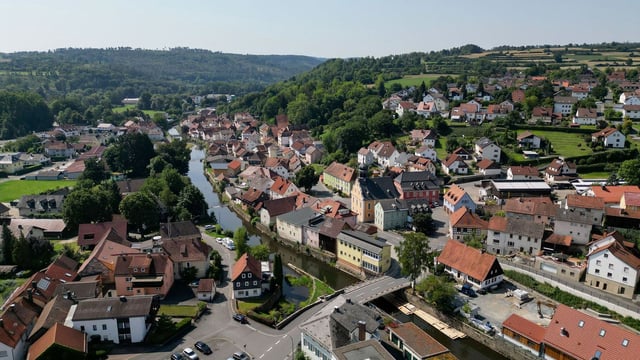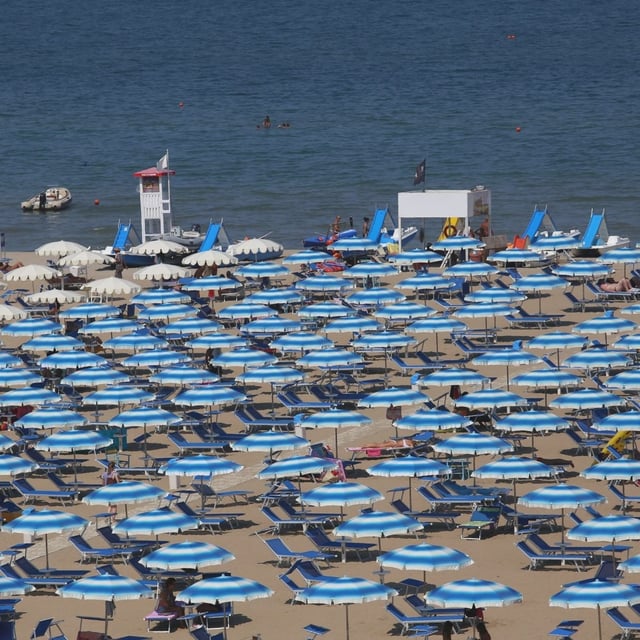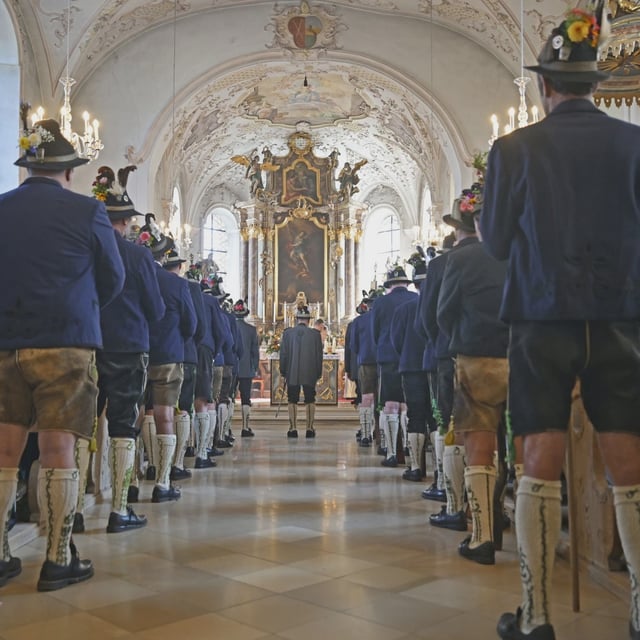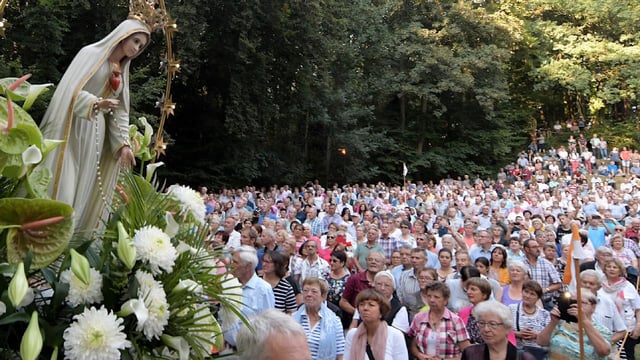Overview
- Bavaria applied Zensus 2022 data under its Feiertagsgesetz to add Mariä Himmelfahrt as a legal holiday in six municipalities—Marketrodach, Baiersdorf, Weisendorf, Schwebheim, Memmingerberg and Oettingen—and to remove it in Marktschorgast and Seßlach.
- The reclassifications took effect on August 15, leaving 1,708 municipalities observing Mariä Himmelfahrt and 348 not observing it based solely on the balance of registered Catholic versus Evangelical members.
- Under the current rule, holiday status is determined by which confession has more registered adherents in a municipality, a technicality that can override overall population or secular majorities.
- The patchwork observance creates commuter mismatches and varying retail opening rules—supermarkets close in Catholic-majority towns but remain open in others—leading to confusion among workers and consumers.
- The DGB and SPD are advocating for a uniform statewide holiday to ensure fairness, while the CSU and the Bavarian employers’ association oppose expanding holidays on economic and traditional grounds, and no legislative change has yet been approved.



